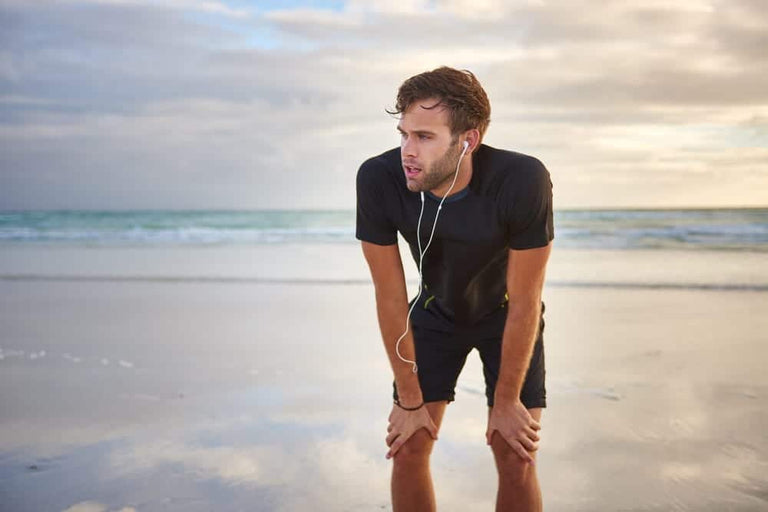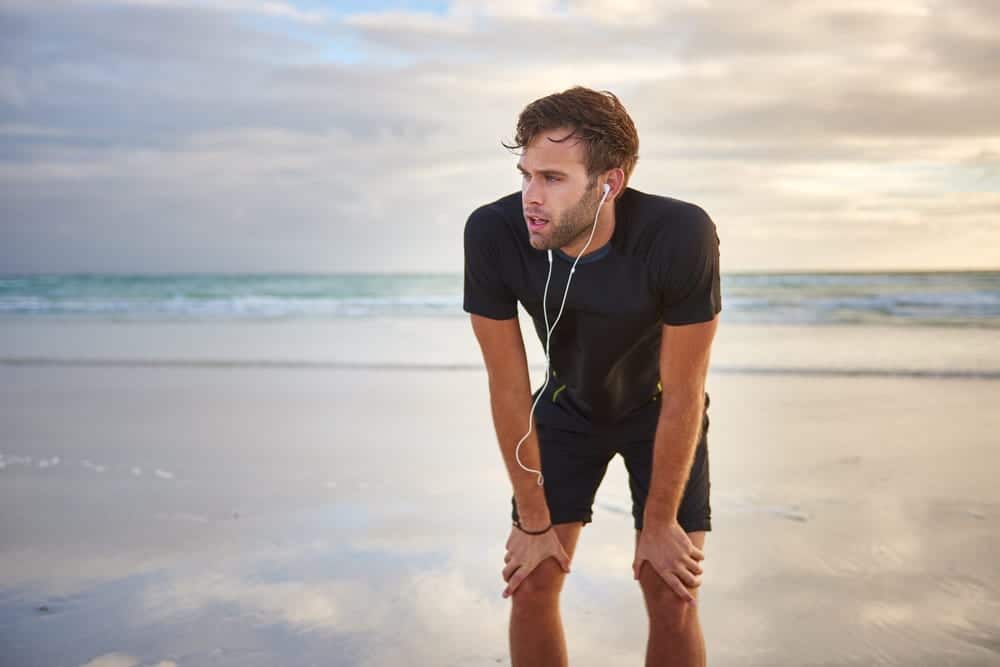People naturally just want to get outside during the summer. It’s warm (or hot), the sun is out and we tend to have more time off. It’s perfect. But that glorious temperature could also make it difficult – or even dangerous – to stay active outside. So, to keep you safely moving in the wonderous summer months, here are 3 tips for exercising in the heat.
Get used to it. Whether it’s because you’ve been inside or because you’ve just come out of cooler weather – or both – you’ve body isn’t used to the heat. And, just like anything else, it will take time for your body to adjust to the increased temperatures. When you head out into the summer heat, start out easy and gradually increase the intensity and duration of your workouts. This also requires that you be honest with yourself and modest in judging your fitness level. If you’re new to exercise, have been out of the habit for a while or are starting a new type of workout, it may take longer for your body to adjust. Listen to your body and be willing to take frequent breaks.
Stay hydrated. This might seem obvious but hydration is often neglected and ignored by exercisers. After working out in cooler environments, you might not be used to thinking so much about your water intake but in the heat it can make all the difference. And, if possible, try to keep your water ice cold. Not only will this help your body maintain a safe temperature, cold water is absorbed faster and will thus hydrate more efficiently in the heat. Keep in mind, as well, that water may not be enough. As you sweat, your body loses vital nutrients called electrolytes that help to conduct nerve impulses. Which is important to… living. Replenish those reserves with either premade sports drinks like Gnarly Boost, DIY options or electrolyte pills.
Wear sunscreen. Part of the danger of exercising in the heat is the source of that heat: the sun. Sun damage is a major – and often ignored – cause of skin cancer. Sun burns will also put an excess strain on your system and increase the general problems associated with heat exposure. To protect yourself, wear sunscreen. Of course, there has been plenty of controversy over these products over recent years so do your research and select a safe, natural option. Also, be sure that your sunscreen is waterproof and can withstand that copious amounts of sweat you’re likely to produce. And don’t be swayed by the marketing trickery that is SPF ratings. While it might seem logical to assume that SPF 30 is twice as effective as SPF 15, that’s very not true. The fact is that SPF 15 is rated to block 94% of UVB rays while SPF 30 blocks 97% of UVB rays. Continuing that confusion, SPF 45 blocks about 98% of rays. Clearly, then, the higher rating – which generally – includes a higher price is not always the protection that you might think it is.



